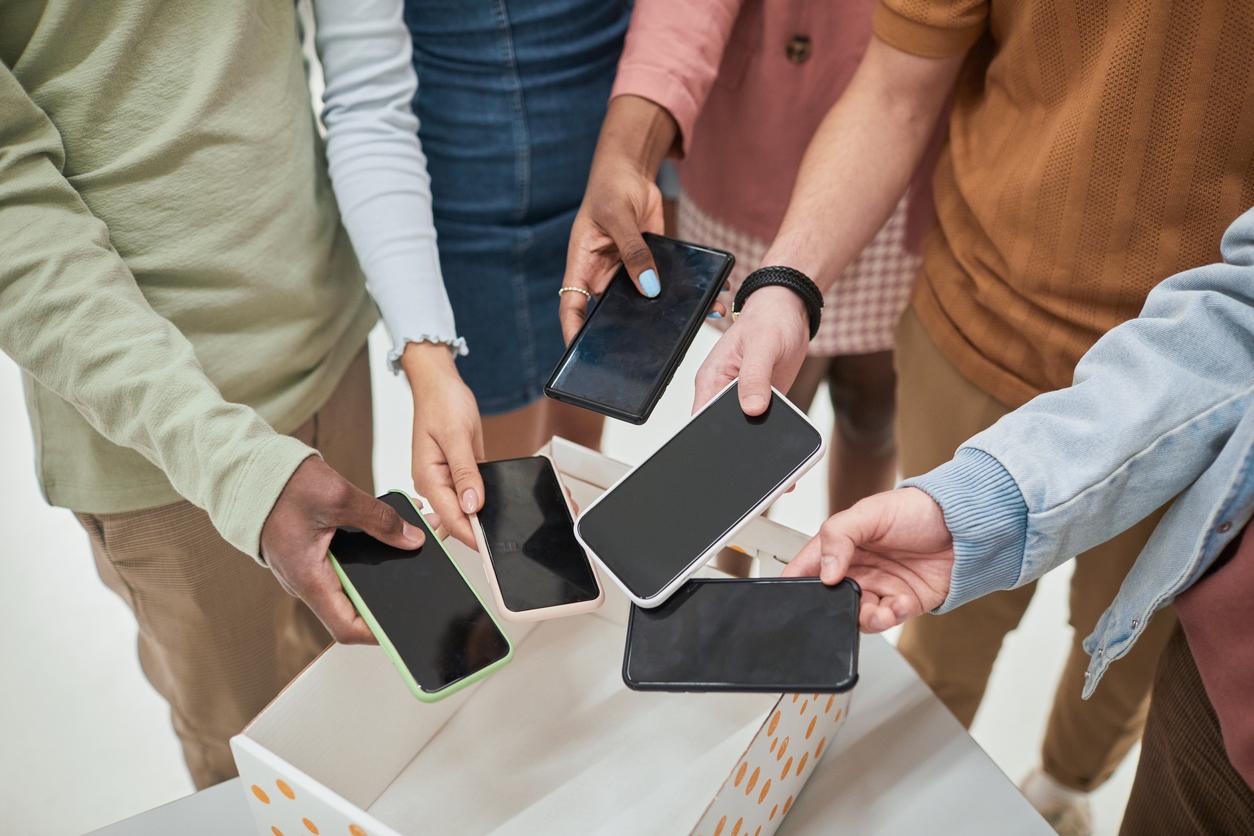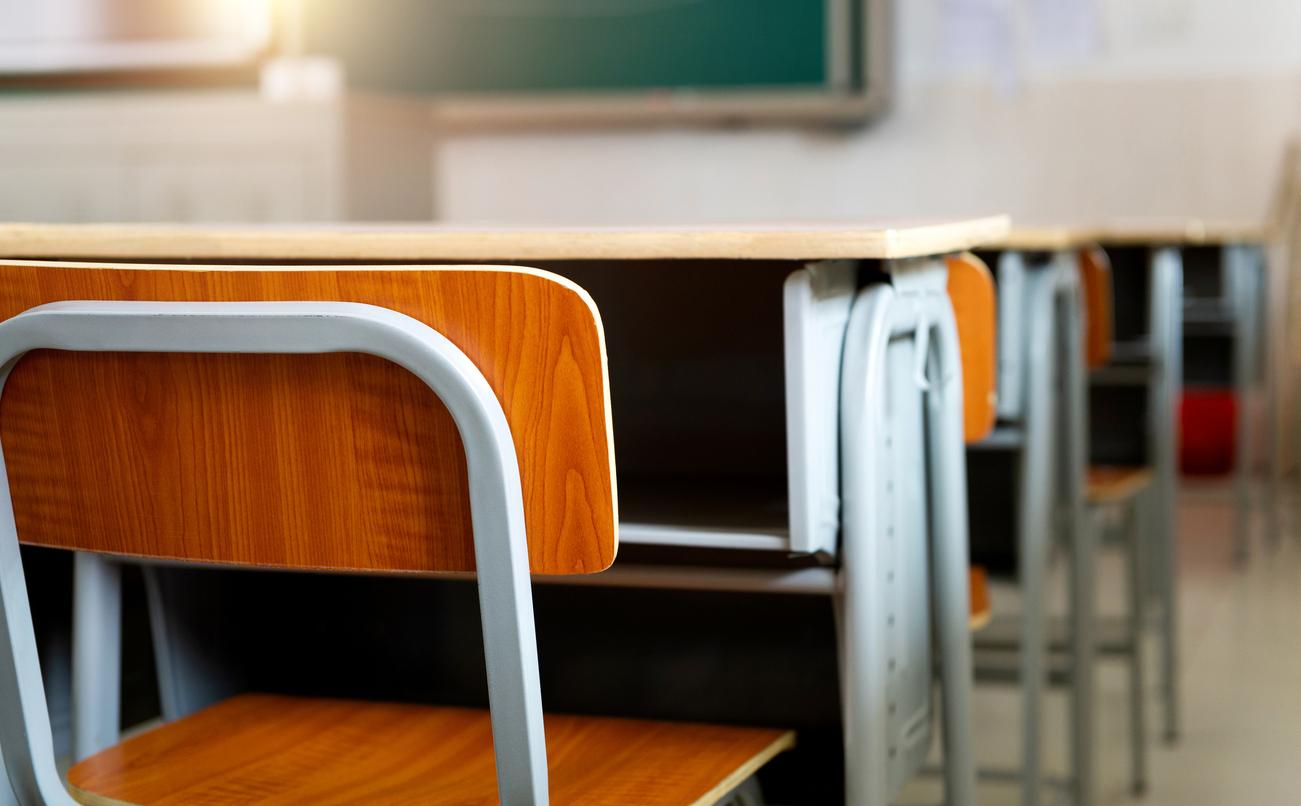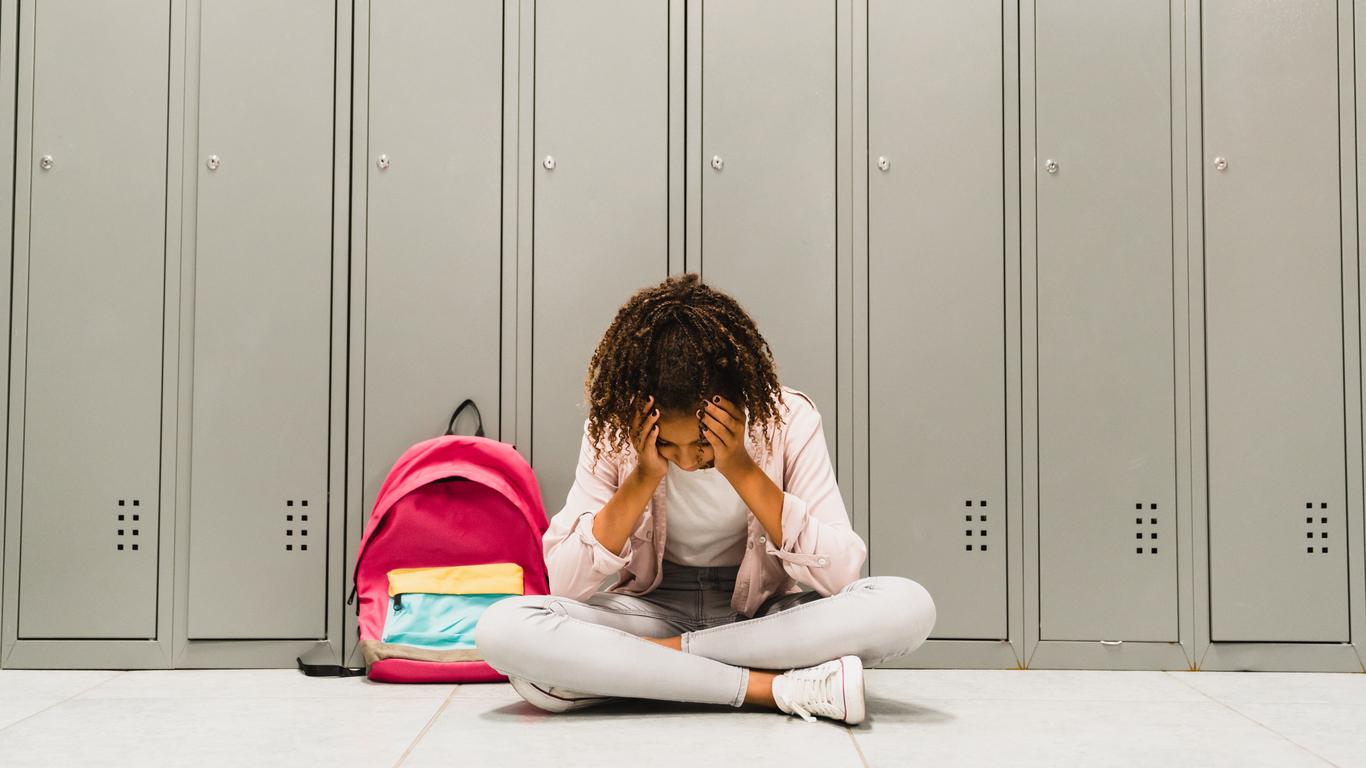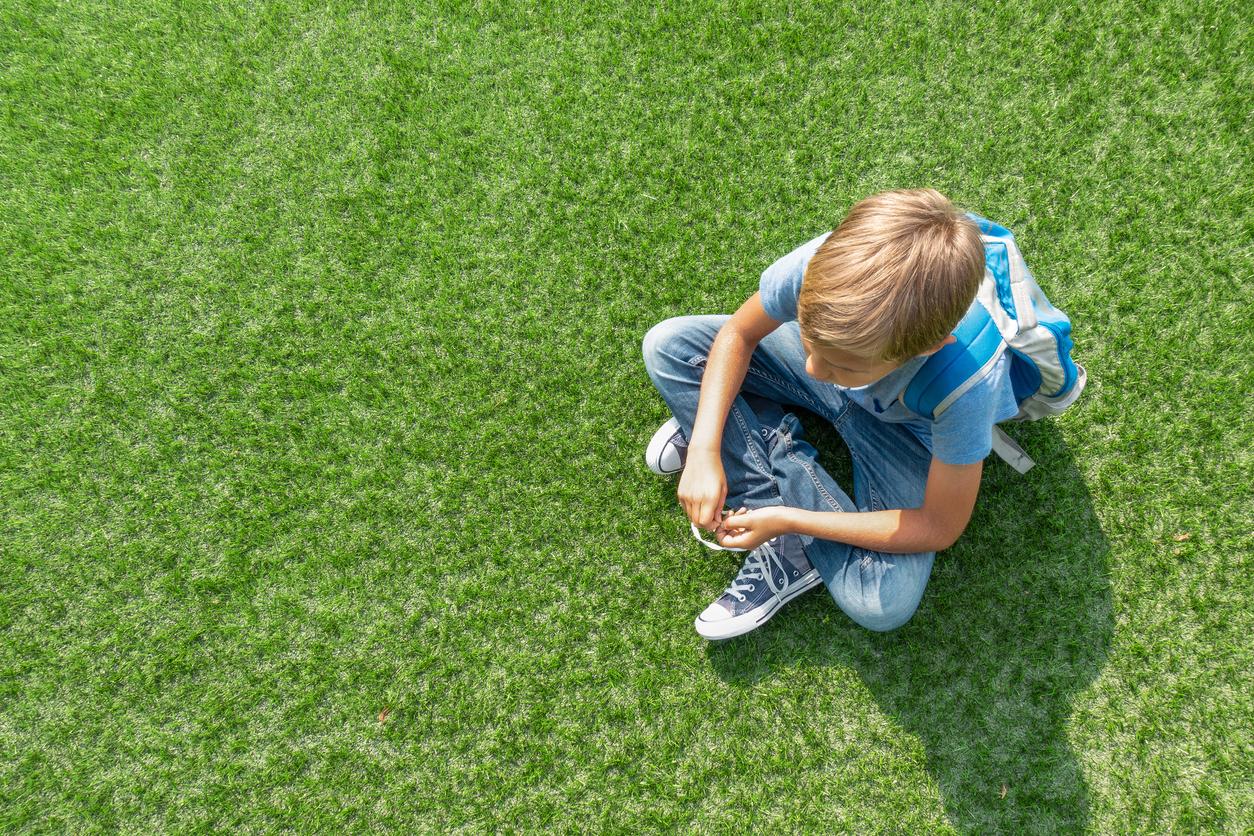Starting Monday, a trial of a total ban on cell phones will begin in some French middle schools. According to a psychologist, this measure helps improve students’ well-being and creates “a favorable learning environment.”

- From the start of the school year, the 50,000 students from 200 French colleges who volunteer will have to leave their phones in a locker when they arrive at the establishment.
- According to a child psychologist, this measure is beneficial for students’ attention, creativity, critical thinking and social development.
- He advises parents to talk to teachers and those in charge of communication and safety protocols if they have concerns about being able to contact their children during the school day.
To date, “the use of mobile phones and any other electronic communications terminal equipment (tablet or smart watch, for example)” is prohibited within the premises of schools and colleges, according to the Ministry of National Education. Thus, since 2018, students must turn off and put the device away in their bag or a locker, if the layout of the premises allows it, upon entering the establishment. But, from now on, “the honeymoon with digital tools at school” is really “finished”said, at FigaroProfessor Amine Benyamina, head of the psychiatry and addiction department at Paul Brousse Hospital (AP-HP Villejuif), who co-chaired the commission responsible for the report “Children and screens. In search of lost time” submitted to the President of the Republic last April.
“Nearly 200 colleges” will experiment with banning phones from the start of the school year
Indeed, on Tuesday, August 27, Nicole Belloubet, the resigning Minister of National Education, announced, during her back-to-school press conference, that “nearly 200 colleges” volunteered to test tightening the ban on cell phones in schools. “Starting Monday and it will continue until the All Saints’ Day holidays. The aim is for students not to have their phones, particularly in the schoolyard. (…) The generalisation of this digital break should be able to take place from January 2025”, she said.
50,000 students will have to hand over their phones
In concrete terms, the 50,000 students concerned will have to leave their phone in a locker when they arrive at the establishment. “Each establishment sets up its own protocol to organize the arrangements for the ‘digital break’ within it, in conjunction with the department on which it depends, particularly in its logistics aspect. Establishments that can will use equipment already present in the establishment (lockers for example). For the others, the departmental councils have been asked to participate in the purchase of equipment (dedicated lockers, anti-wave pouch, etc.)”, explained, to FranceInfoNicole Belloubet.
For the time being, no details have been provided regarding the sanctions in the event of non-compliance with this ban. “A suitable, individual and graduated response must be provided to any use of mobile phones within the school or establishment. The terms are defined in the internal regulations. It may take the form of a school punishment (extra homework, detention, etc.), confiscation of the device now authorized by law or, for the most serious cases, a disciplinary sanction”, can be read on the website of the Ministry of National Education.
Using phones during class can hinder critical thinking and social development
According to child psychologist John Piacentini, banning cell phones at school is beneficial for children and adolescents. “Using the phone presents more risks than benefits,” he reported in a press release from the University of California at Los Angeles (UCLA Health). The latter can disrupt learning. In detail, “Students spend time on their smartphones during class and recess and are therefore likely to have difficulty concentrating or limiting distractions at school. Shorter attention spans can also impact children’s ability to take multiple perspectives or see problems from multiple angles. Ultimately, imagination and creativity, which are stimulated by boredom, as well as children’s critical thinking skills will suffer.”
A brake on social development
In addition, the use of telephones in classrooms is detrimental to social development. “Children may not be ready to engage socially when they have to interact in person with people they don’t know or participate in activities that are unfamiliar to them.”
If parents are concerned about being able to contact their children during the school day, especially in the event of an emergency, the specialist advises them to talk to teachers and those in charge about the communication and safety protocols to follow in such situations. “It is necessary for everyone to work together to improve children’s health, build their confidence and create a supportive learning environment.”


















